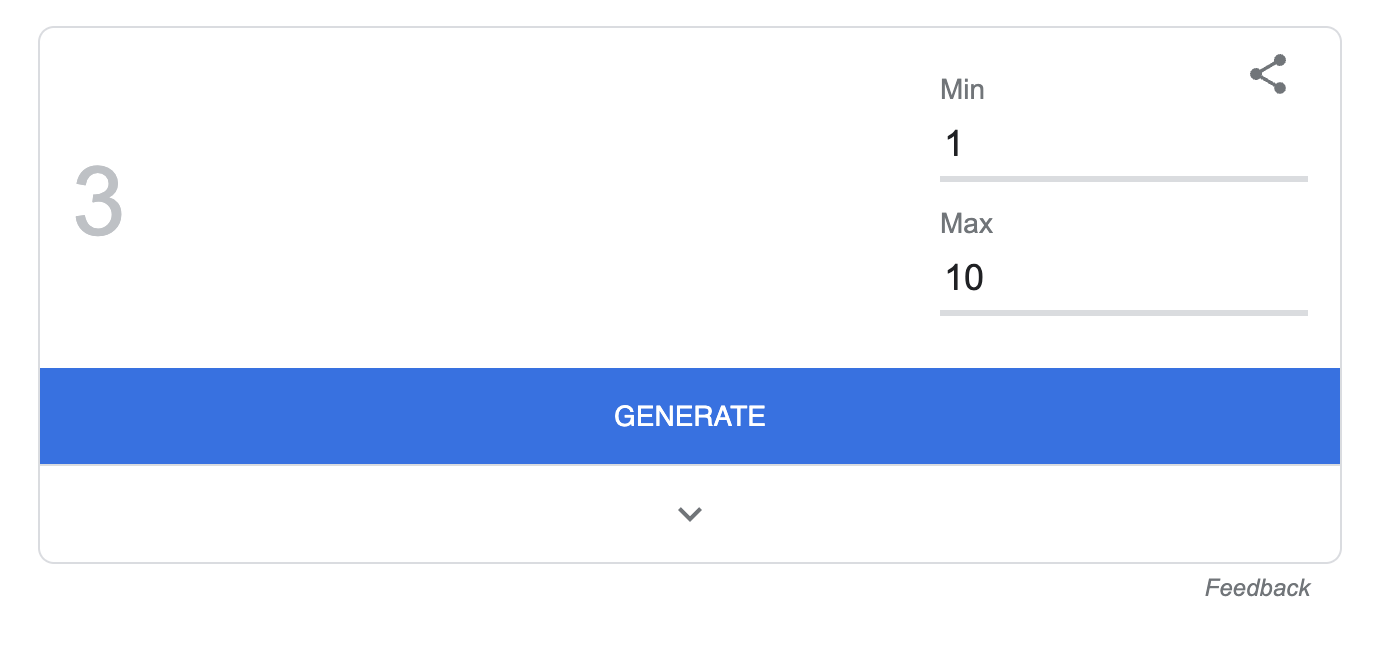
Currently, I think this. Every new year's day this, I will randomise and 10% of the time I will close the market. Buy a position and change my mind.
State of discussion:
Supply and demand is real. People overconsume healthcare because it's free.
Being worried about affording healthcare creates a huge amount of anxiety
EO2023, 1 would have ended, Rolled a 9
I think this is a really complicated issue. Let's forget about money. There's a relatively fixed amount of skilled producers of "healthcare." If they all worked tirelessly to the maximum extent of their effectiveness, there's a limit to how much they can get done during a year. Let's pick some procedures: 1. basic vaccinations, 2. dressing and stitching a wound, 3. mending a broken bone, 4. performing heart surgery on a child, 5. performing heart surgery on an elderly patient with several existing conditions, 6. performing purely cosmetic surgery. I personally expect that we've advanced enough that we could offer basic vaccinations freely to the entire world. Is it a good use of limited resources to perform heart surgery to extend the life of all elderly patients with several existing conditions in the entire world? What would we have to sacrifice to achieve that? Is it even possible with today's worldwide medical staff?
So perhaps we need to establish a "standard of care" that everyone is entitled to. Maybe it's worldwide, maybe it's only in the US, maybe it's in any developed country, idk. Like I said, I think we could offer vaccinations to everyone. I think we could likely offer free wound care to all US citizens. Perhaps we set the threshold to 1-3 for the US and 1 for the world? Ideally the standard of care always increases, but imagine e.g. that some country starts bombing hospitals, killing half of the medical staff in the US. Certainly we'd maybe need to scale down to 2, regardless of how much money we could throw at the problem. As we progress technologically, maybe LLM-robots will be able to offer cosmetic surgery for $2.00 worth of electricity, in which case perhaps 1-6 are free for everyone.
Ok, so we've got our standard of care. I think we still want to develop new medical treatments. As we develop those treatments, how do we decide who gets them? Is it legal to offer heart surgery to Warren Buffet, who presumably has contributed $150B+ in value to our economic system?
I'm currently very well resourced and very well insured, and I still run into situations where I have to schedule an appointment several months to a year out. Certainly if I called the doctor and offered a million dollars to see me after hours today, they would. If I offered them standard reimbursement, they wouldn't. There's some price at which we can induce more people into healthcare, more research into improvements, more effort by providers at key points (travel nurse wages during COVID). I don't think all healthcare providers are working to their maximum possible effectiveness (retirement, part-time work, seeing kids, vacations are all reasonable expectations), but for the right price they may sacrifice some benefit now to produce even more healthcare.
My opinion is we should survey how much healthcare we can actually produce as a country or world and rationally decide how we're going to allocate it, with a significant portion being available to everyone for free and some available for pay to help signal to capitalism that there's value in allocating more resources away from advertising or crypto mining and into healthcare.
In short, though, I think you can never say that all healthcare should be free or we inadvertently turn the entire universe into ~paperclips~ healthcare services.
I bet a small amount on YES because people tend to change their minds on big philosophical issues slowly, but maybe I can start to change your mind.
Yes, this is a big philosophical issue, for there are a whole bunch of assumptions behind it, and maybe I can challenge a few of them. First, I assume that what you mean by "free at the point of use" is "a price of zero for any sort of healthcare demanded by any healthcare consumer." Also, by "should" you mean "if there is any sort of healthcare being produced, then healthcare consumers ought to be given it for free if they so demand it." Now, this can mean a couple of different things, but I assume you really mean, "if there is healthcare being produced, then the state should cover the cost that would otherwise be paid by the healthcare consumer." In other words, you advocate for at least a massive subsidy to the healthcare industry but probably some sort of state run insurance program. Please correct me if this is not your position. If this is your position, then it brings up two main problems: one ethical and one economic.
Let's start with the economic problem, or rather, problems. There is no magical amount of healthcare that can be produced. I mean, it would be nice that we could be so healthy that we become immortal or whatever, but in reality, there is scarcity. We want to do two things: distribute resources efficiently and produce as much as we can (given our resources). What we learn from basic economics is that the market does those two things very well, unless there is a market failure. What market failure is present in healthcare? I am sure there are many opinions on this, but it would be helpful to have yours. Regardless, it would be hard to point to any existing systems, for even the freest ones (the most market based ones) are heavily regulated and controlled by the government. For example, the US healthcare system has way too much demand due to the tax code. There are tax exemptions for employer sponsored healthcare, so that is what most people get, but of course, people are great at spending money that is not their own (in the case, the employer's), so they try use as much as the provided plan as possible. If this were not in the tax code, people would choose better insurance plans and they would have better incentives not to spend as much, reducing waste. There are other issues as well, but that is the big one for the US. Of course, many countries just have socialized healthcare.
There is an ethical problem as well. Who pays? Well, the state, but we all know where the state gets its money. It plunders the population it rules over. Is this plundering ever morally justified? I recommend reading The Problem of Political Authority by Michael Huemer if you have not already. You will surely disagree with him, but if you maintain that disagreement after finishing that book, then the reason why you disagree with him will inform you about why you think such plundering is justified. Once you have that reason, we can discuss whether the state is justified in plundering for the sake of subsidizing healthcare.
At this point, it may be surprising that I have not mentioned inequality. That is a common response, but I would like to know your specific responses to the concerns I have raised. I can show my cards too: I think the market solution to healthcare is economically and ethically superior. The concerns commonly raised by those against market healthcare systems are resolved with other solutions. For example, I believe that the biggest solution to poverty is open borders.
You should look if there are some good arguments against the randomized experiments Hanson cites in this interview https://open.spotify.com/episode/1zo47UJnJF2XrEP89zAAq0?si=72de891e72194ba5 that found that giving people cheaper healthcare doesn't improve health outcome. If there are no debunking's of these studies that is a strong argument healthcare shouldn't be free because it doesn't actually make people more healthy.
As far as I know the US leads the world in medical innovation. I couldn't quickly find some great statistics on this but some old/low quality data I could find suggests US leads medical innovation.
This book and book review suggests the reason the US healthcare system is so bad is not necessarily because it is not socialized but maybe because of other unintuitive reasons. So maybe the US system could be improved without makin git free at point of use.
And even if making it free at point of use made it better for Americans. Because fewer drugs would be developed it would be bad overall. I think if you take a global view, a more free market system produces so many positive externalities for the rest of the world it looks like it is overall the best.
Same goes for other countries. If e.g. the UK privatized healthcare, the RCTs suggest it wouldn't even lower health outcomes and even if it would I suspect the UK would produce many more innovations. Leading this change to be net positive for the world.
No, because that would be immoral. Health care requires people to provide it, and if they don't get compensated for their time then the word for that is slavery, which you don't believe is OK.
If they do get compensated for their time, but not directly by the health care recipient, then their behaviors change in ways that hurt their patient, in order to please whoever pays them. Indirect payments hurt patient care.
@Suggybear Big part of it; the patients can't directly incentivize better outcomes, and the extra payment friction causes much higher costs. Furthermore, because the patients don't see the bill before, and they pay most of the bill in insurance premia instead of directly to the provider, everything's very unclear at the point of payment, and it's easy for them to rationalize the crummy care because of how little they pay at the POS.
There's variations on this in different fields, and people are trying to fix it. I've got a really good concierge doc who provides fantastic, old-school care including house calls, but I have to pay out of pocket. Even HSA won't cover it.
@NickAllen Before anyone @'s me to tell me how great their doctor or family member is: stipulated. The problem with the system is that it takes a heroic person to provide good patient care at a reasonable price within it; the default incentives push crappy care at astronomical prices.
@NickAllen Which, to bring it back around to OP, is why it's immoral to make it more opaque and disconnected.
